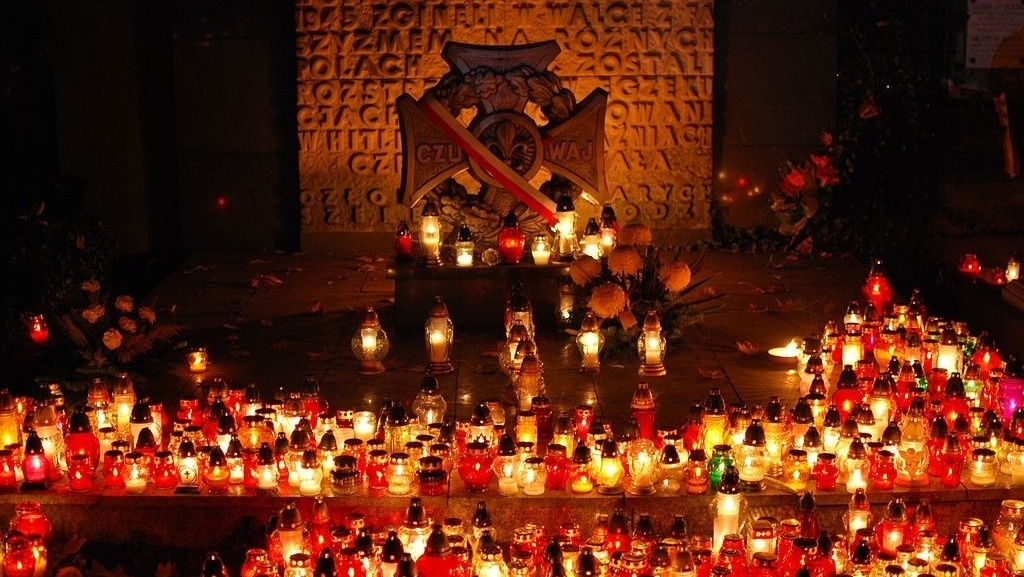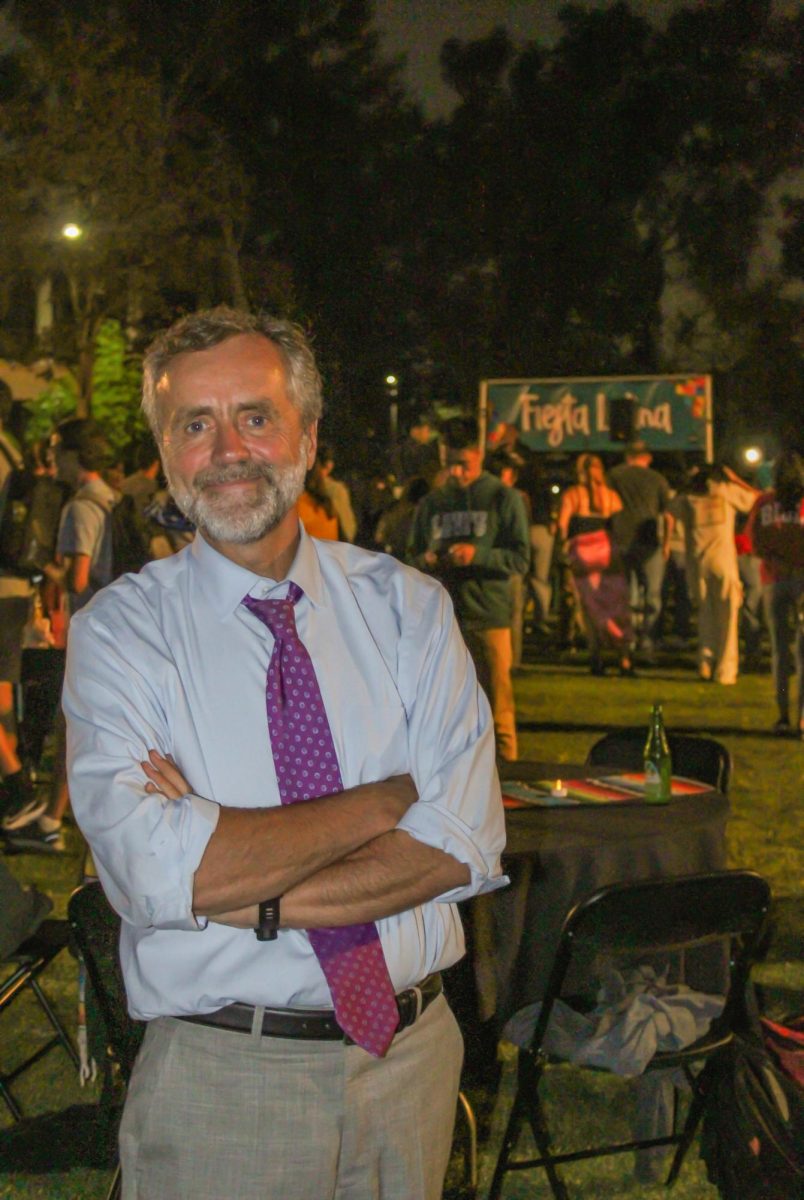Halloween has come, but the discussions among Christians are rarely hallowed. Half of the Christian community have unpacked their basement crucifixes and other anointing oils in preparation for All Hallows’ Eve while the other half are desperately looking for stashes of free candy.
But is there room for a middle ground? Is it possible to find something less extreme than decrying the holiday’s ancient roots in the paranormal and aimlessly joining in obscene acts out of mindlessness and a desire for free sugar—even if we are college students?
HISTORY OF HALLOWEEN
Halloween’s origins goes back to the ancient Celtic festival of Samhain. This day marked the end of summer and the harvest and the beginning of the dark, cold winter—often associated with human death. The Celts believed that on the eve of the new year, the boundary between the spiritual world and the human world were blurred. On Oct. 31, it was believed that the ghosts of the dead returned to Earth. They would celebrate by creating huge bonfires to burn crops and animals as sacrifices to Celtic deities.
By 43 A.D., the Roman Empire had conquered a majority of the Celtic territory. Over time they combined their holiday Feralia, a day traditionally commemorating the passing of the dead, with the Celtic holiday.
On May 13, 609, in honor of Christian martyrs, Pope Boniface IV dedicated the Pantheon in Rome and established the Catholic feast of All Martyrs Day. Pope Gregory III later expanded the occasion to include all saints and moved the observance from May 13 to Nov. 1. All Saints day was also known as Alholowmesse.
It was only a matter of time until Oct. 31 was come to be known as the eve of Alholowmesse, or All Hallow’s Eve. It was only a short time after that until All Hallow’s Eve became known as Halloween.
DOES HISTORY PROVIDE A PROPER MIDDLE GROUND?
When viewing the entire history of Halloween, the argument does not evenly go one way or another. The historical argument against Halloween as a holiday concerning spirits and sacrifices to pagan deities is accurate. But so is the historical argument that Halloween commemorates Christian martyrs and saints. The question of how we boil down the argument is entirely what we are looking to find in the holiday’s history. Do we boil Halloween down to a black pot of ghoulish and paranormal indulgence, or do we take Halloween as a redemptive holiday, celebrating the mixture of reverence and darkness of the Christian saint and martyr?
However you choose to view Halloween, whatever concoction you boil it down to, the debate will continue to rage. But the conventional Christian wisdom seems to hinge not solely upon the historical roots of Halloween, nor even solely upon how Halloween changed through history, but how you participate in the holiday. It asks if you view Halloween as solely an occultic holiday, or do you avoid the holiday altogether, viewing the holiday as unworthy of its redemptive elements?
I believe conventional Christian wisdom allows us to strike a middle ground—forcing us to consider how we engage in Halloween as we choose to engage in Christmas, Easter, or Thanksgiving. Perhaps it is not accurate to view Halloween as purely supported by pentagrams and demonic incantations. However, on the other hand, maybe there is some wisdom in prohibiting Christians from dressing up as a zombie prostitute to get free candy.








